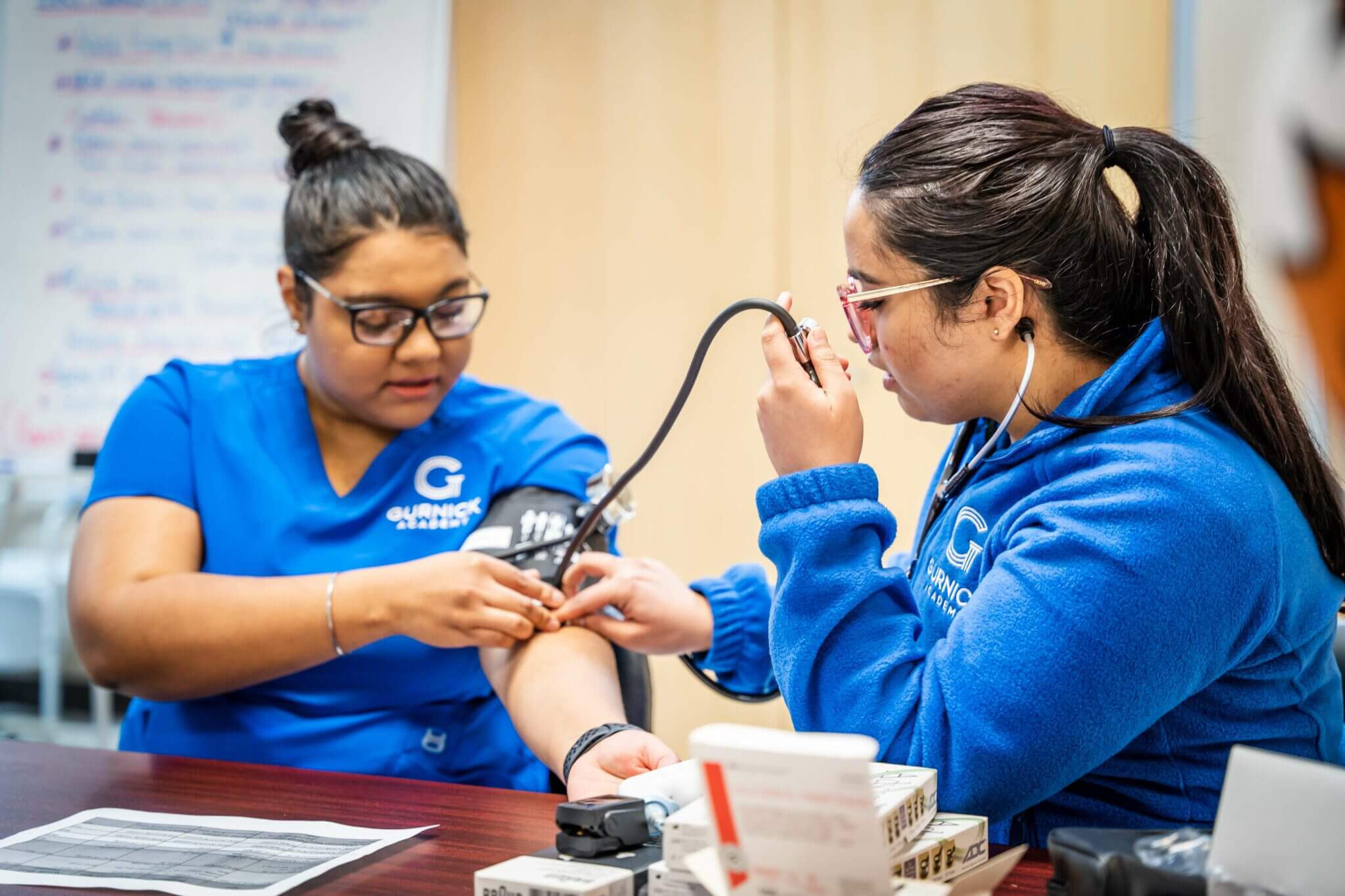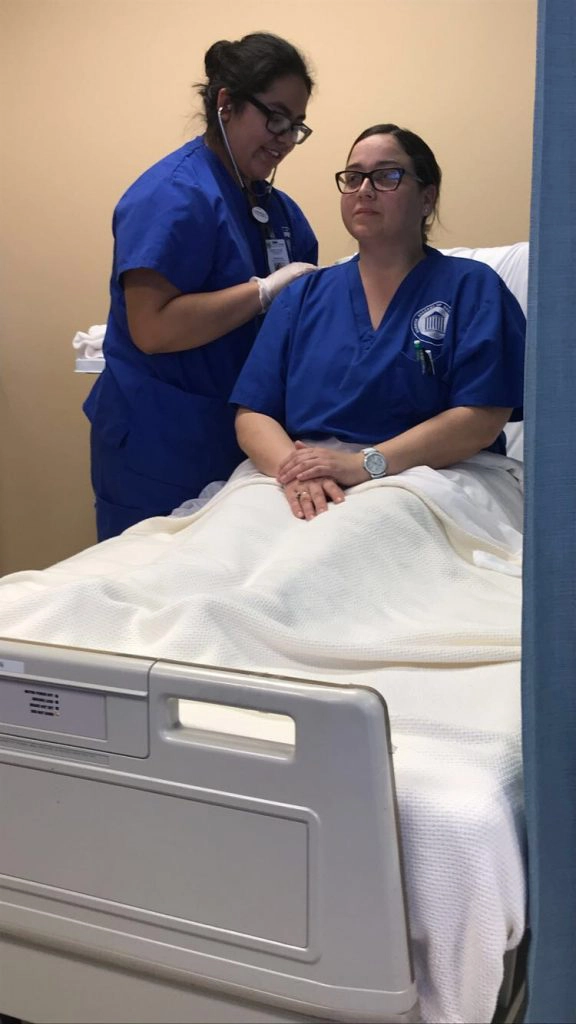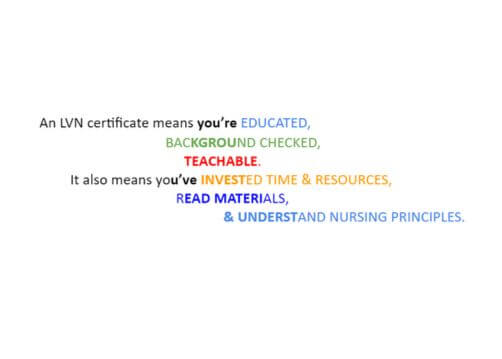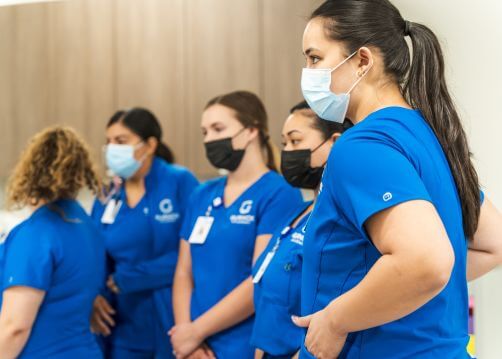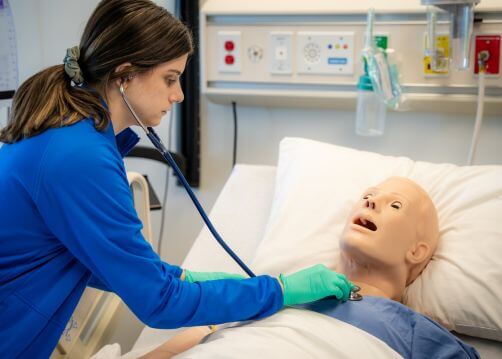How to Become an LPN (Licensed Practical Nurse)
Date: January 7, 2019
Licensed practical nurses (LPNs) monitor and care for patients by taking vital signs, administering medications and injections, changing wound dressings, collecting body-fluid specimens, and performing standard lab tests. An LPN also has to gather information from the patient to be admitted.
The LPN also had to take care of the patients’ sanitary requirements, including bathing, dressing, and other personal hygiene tasks. Once the patient is discharged, the nurse must inform the patient’s family members about regular medications needed, a healthy diet, and guidelines for getting well soon.
LPNs assist registered nurses (RN’s) and doctors in various healthcare settings, such as group practices, hospitals, home care facilities, private and public hospitals, offices of doctors, small health care settings, and nursing homes.
Employees require LPN applicants to have graduated from an approved practical nursing program. Some are often offered as undergraduate certificates. Additionally, practical nursing applicants must be licensed by their state and be CPR-certified. Depending on the employer, post-program experience may or may not be required.
LPN training programs are typically offered through community colleges, technical and private colleges. LPN training programs generally take one (1) year to 14 months to complete. Practical nursing students participate in at least two clinical practicum courses and numerous skills labs during this time. Practical nursing training is sufficient for career entry. LPNs who wish to become Registered Nurses (RNs) can pursue more advanced LPN-RN degree tracks.
LPN training programs combine classroom lectures with supervised clinical experiences. Prospective licensed practical nurses learn about health and science subjects, including anatomy and physiology.
Prospective LPNs also take courses in math for medical professionals and pharmacology. Ultimately, they learn patient care procedures for children, adults, pregnant patients, and mentally ill people. Some practical nursing jobs require no experience and are available to licensed practical nurses upon graduation from state-approved training programs and successful licensure.
In contrast, other employers may require LPN applicants to possess six months to one year of work experience. Additionally, experience in a particular care setting, such as geriatrics or pediatrics, may be required.
All states require that practical nurses pass a licensing exam. However, the requirement varies by state. To earn the LPN designation, graduates of an accredited nursing school must pass the National Council Licensure Examination for Practical Nurses (NCLEX-PN). The licensing exam is a computerized exam administered by the National Council of State Boards of Nursing.
In addition to licensure, some employees may prefer an applicant to have voluntary certification in intravenous therapy. An example is offered by the National Association of Licensed Practical Nurses. Most positions may require LPNs to be certified in basic life support.
LPN organizations sponsor several educational events. Workshops and seminars are usually offered as 1-day programs and often center on specific nursing topics, such as hospice care. Conferences and conventions, in contrast, can run for 2-6 days. Attendees participate in mini-workshops and skills labs and hear from guest speakers.
To maintain licensure, LPNs must meet continuing education requirements. Consequently, nurses often participate in college-sponsored refresher online or on-campus refresher courses. They may also take part in on-site skills labs.

